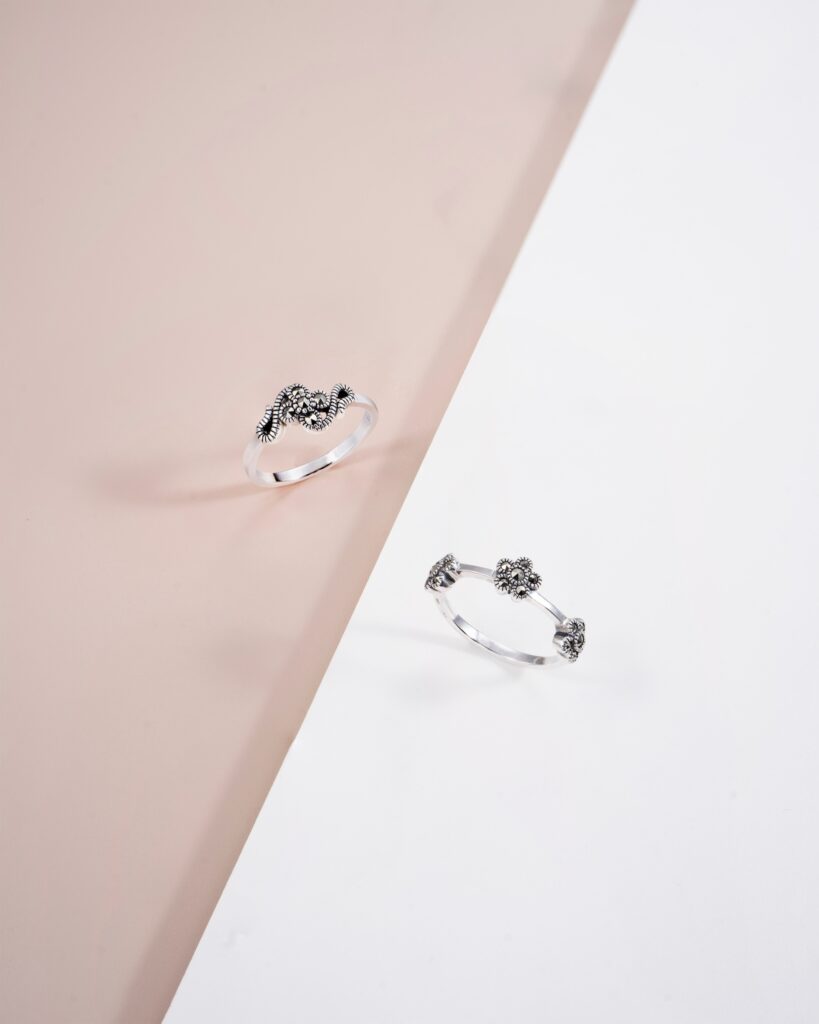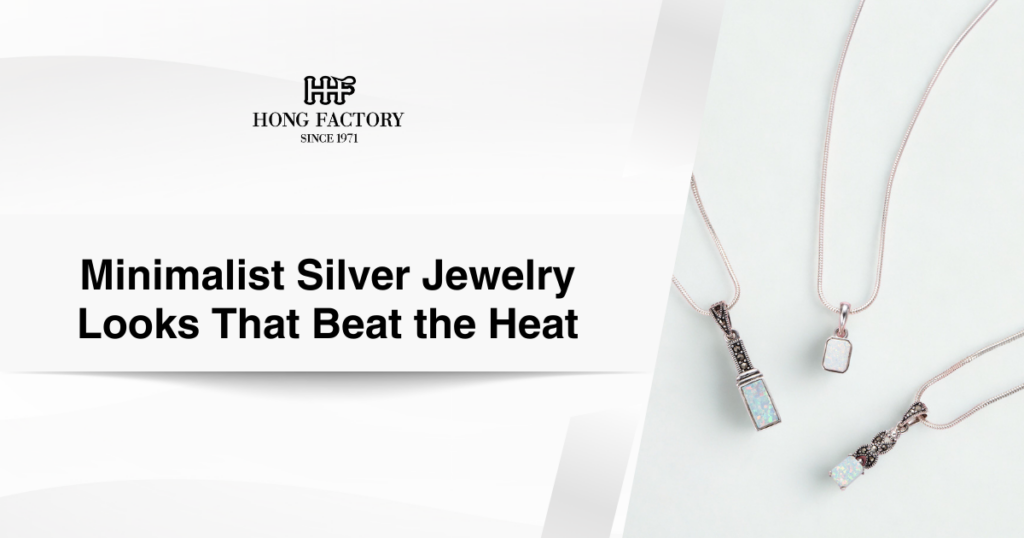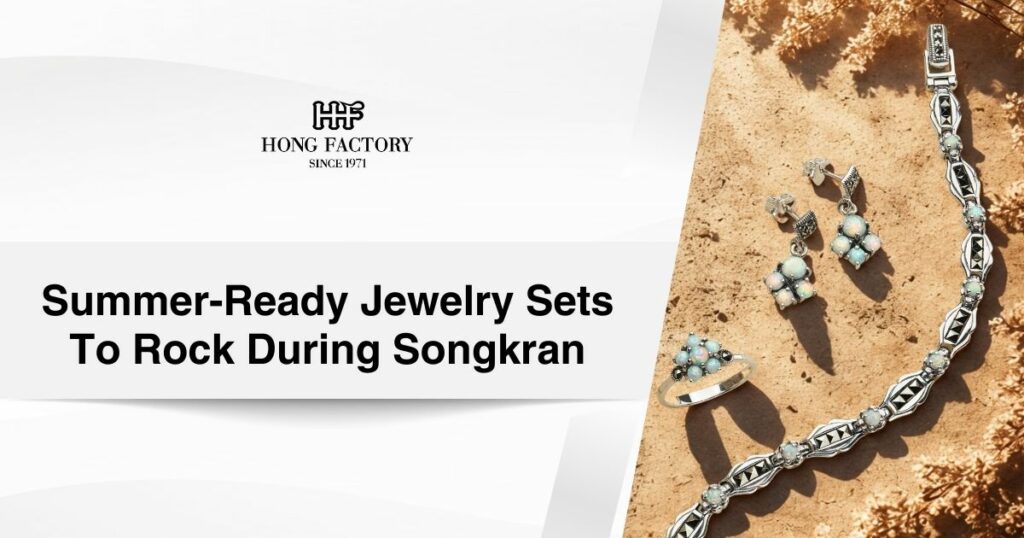A jewelry store or a jewelry vendor’s website is likely to be the first place you go when you’re considering purchasing a piece of jewelry. Jewelry auctions, on the other hand, have recently seen a surge in popularity as a place to buy jewelry. Are jewelry auctions a smart idea, and what kinds of things can you discover there? Let’s have a quick review about all that.
What Is a Jewelry Auction, and What Is It Used For?
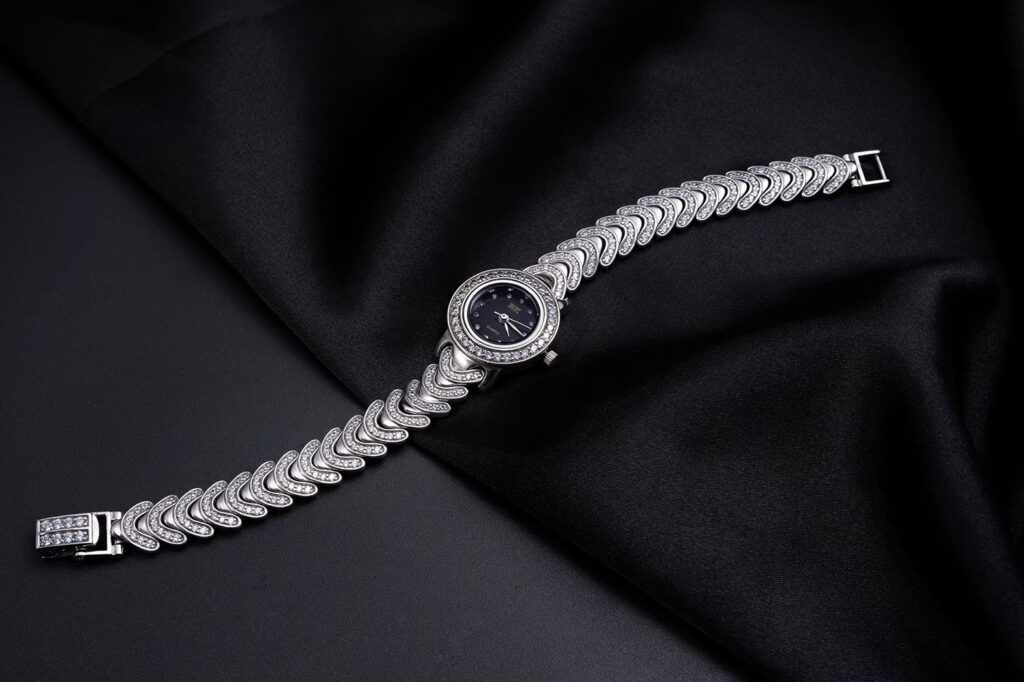
To begin, it is necessary to define what jewelry auctions are. Customers or purchasers place bids on jewelry during an auction. Depending on what vendors have made available, buyers are presented with an abundance of choices. Once the auction has ended, the item is awarded to the highest bidder, who is responsible for contacting the seller to make payment. Is this something you’d like to try? Great! If you’re wondering why you should go to a jewelry auction instead of an online or brick-and-mortar merchant, here are some reasons. If you’re looking for a piece of jewelry you’ve never seen before, an online auction is a great place to start. Vintage, antique, unique, and/or one-of-a-kind items abound. For example, if you’re looking for a piece of jewelry that’s centuries-old, you may find it at an estate jewelry auction online.
What can you anticipate from online jewelry auctions?
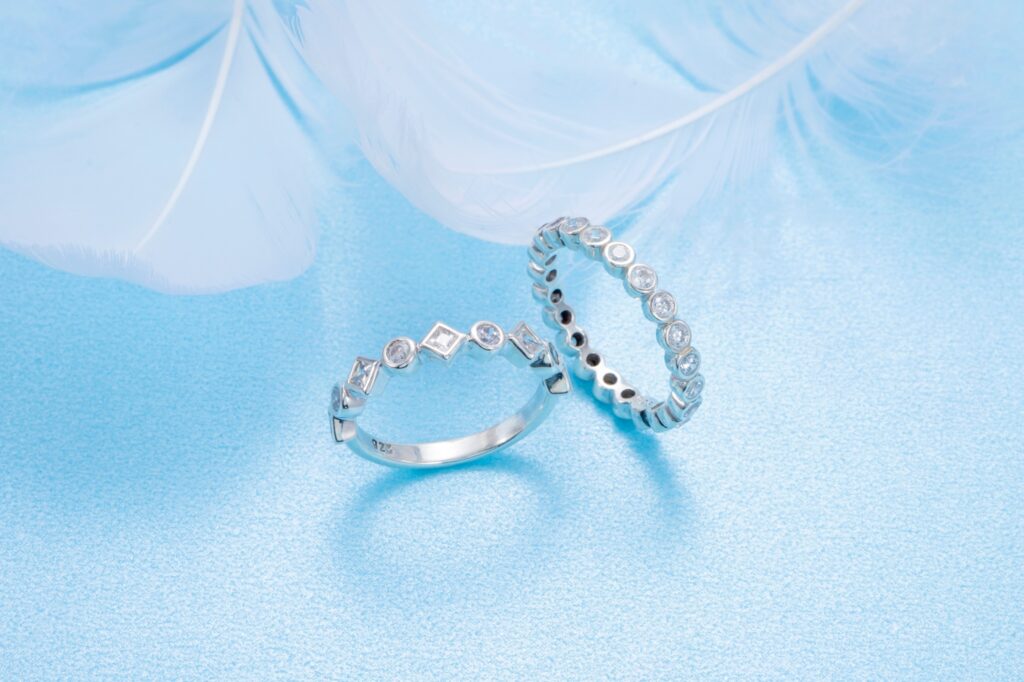
You may meet gemologists and other bidders from all around the world at jewelry auctions. In addition, robust competition is always a good thing! A bidding war is a great way to get everyone engaged in the outcome of the auction. First things first, let’s talk about what to expect at your first jewelry auction. To buy something at an online auction, how does it work? Online auctions are a breeze to buy from. You may get condition reports for any of the diamonds you’re interested in to learn more about their specific condition. Each piece of jewelry is also shot from some angles, including while it is being worn, so that you may get a better sense of how it will appear when it arrives.
In our auctions, similar items sell for similar prices, and our estimates for the jewels we offer are used as a reference for potential buyers. If several individuals want the same item, the price might rise well above what is expected at auction. This is due to psychological considerations, such as the excitement of the chase. Setting a budget and adhering to it is worth the effort. A buyer’s premium is charged on top of the hammer price (the amount an auctioneer receives for selling an item) and should be taken into account when preparing your budget.
Why is bidding on jewelry at an auction the best option?
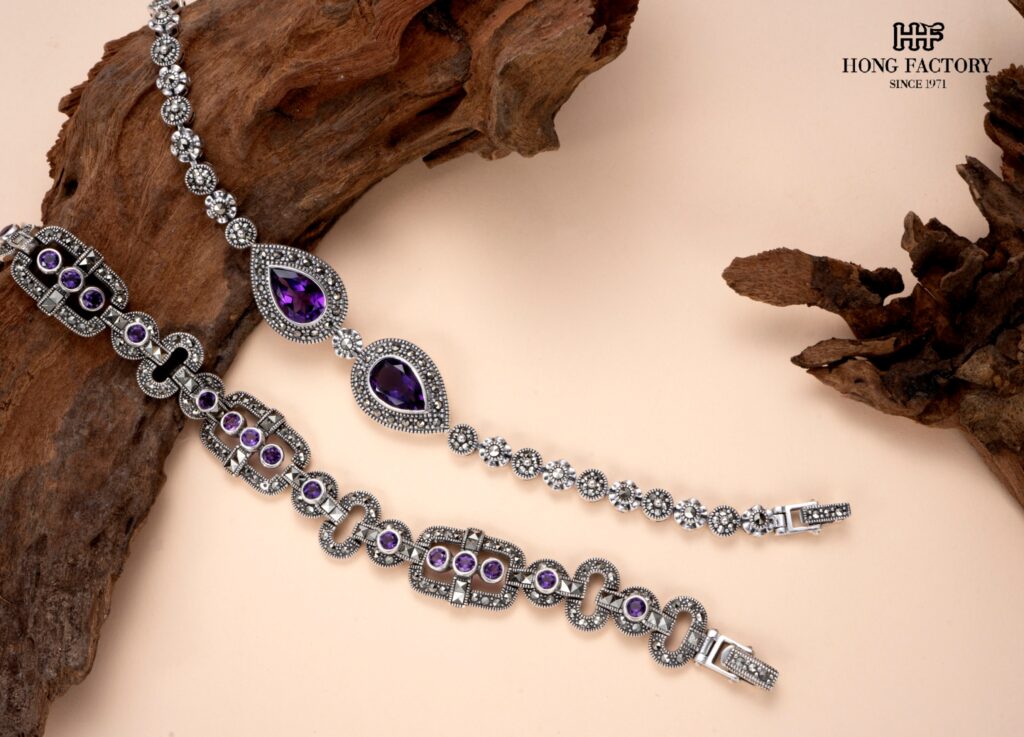
A wide range of styles and periods of jewelry, from 1700 to the present, may be found at jewelry auctions, including anything from diamonds to pearls and everything in between. Auction houses are the only place to locate such a wide variety of jewelry, with up to 200 pieces in a single sale. When you consider that auction houses typically have 10 sales a year, that’s a lot of jewelry to look through. The jewelry staff at an auction will have an encyclopedic knowledge base to draw from, so you can be certain that your valuables are in good hands.
At an auction, you’ll be able to get a better deal on jewelry.
-Consider the auction catalog.
It’s a good idea to look at the item’s description and anticipated cost before you buy it. For older items, do some web research to discover what it’s now selling for. If a manufacturer is mentioned, contact them directly.
-Handling the object is not something to be feared.
Take a closer look at the stone and its results. There is no substitute for a professional evaluation when evaluating a costly item, but an affordable loupe may help you see any marks more clearly. According to one auction company, you should take into account the workmanship’s quality, the design, the demand, the rarity, size, and color of the item. The auctioneers can be contacted. Authenticity documents should be requested for pricey items.
-Do some homework.
-During what period can you get your artwork appraised?
-Don’t get carried away with the thrill of placing a bid.
-Comedy writers love to portray this scenario; yet, everyone who has attended an auction knows that it occurs. Decide on your highest possible bid and stay with it!
-There are several options available if you want to auction off your jewels.
-Determine how much your diamonds are worth before attempting to sell them.
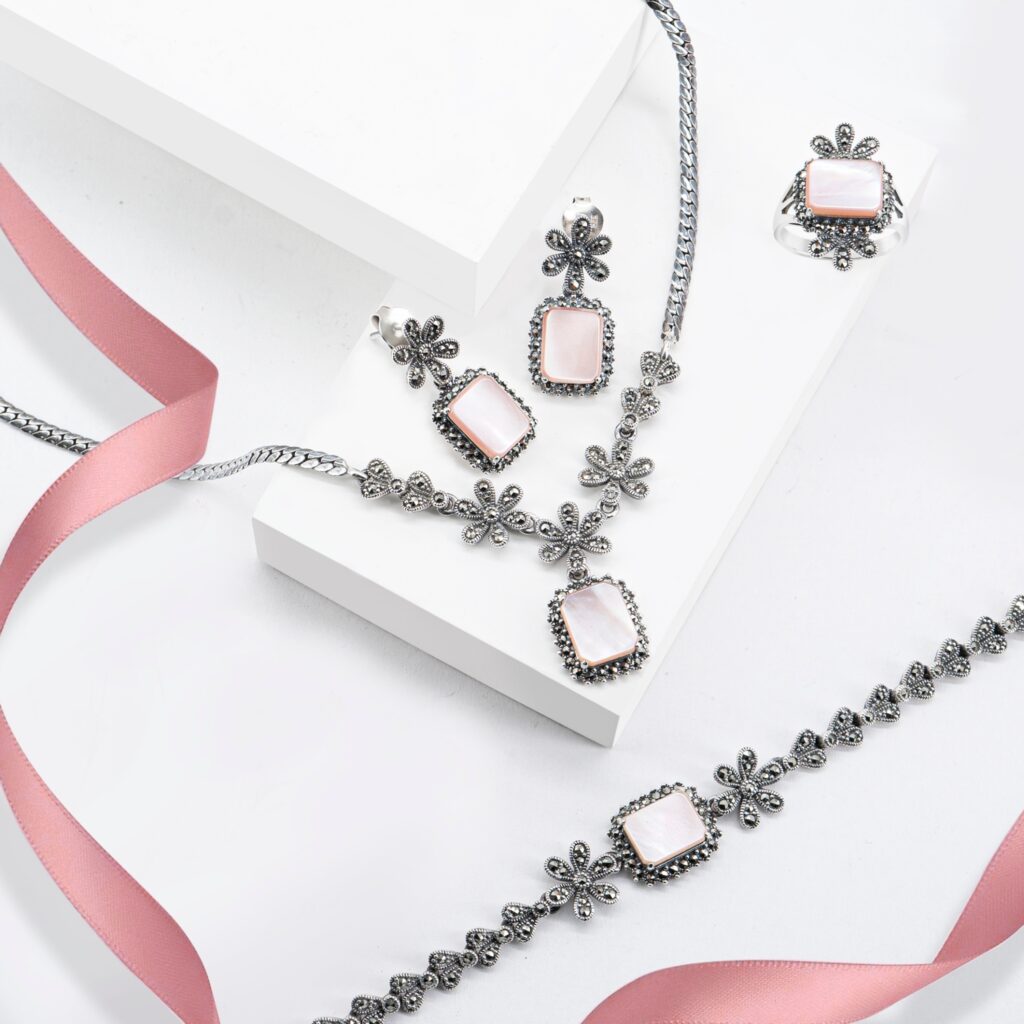
-Get a review!
That is one of the reasons why I get hired by a number of my clients. An appraiser’s job is to give you an indication of what your gem or jewelry piece may be worth if it were to be sold in today’s market.
It’s only worth what someone is willing to pay for it. Regardless of where you sell it (at an auction or to a jeweler), you’ll earn less money than the retail price. To get a better idea of the going rate, check out similar items on eBay and other auction sites.
-Verify that you’ve arrived at the correct auction place.
Your stone will not be sold if the auctioneer does not have a reputation for dealing with high-end jewelry regularly.
-Be prepared to pay a fee.
To stay in business, the auction house has to generate revenue. If you’re going to be paid a percentage of the sale or a flat fee, be sure to account for it in your calculations.
-Consider bidding on anything on the internet.
eBay and other auction sites like them have become commonplace, even if you don’t want to. Be on the lookout for scams. There is a whole area on eBay dedicated to selling various kinds of jewelry. Internet values are also something I’d want to share. Please have a good time, whether you’re a buyer or seller! Let me know if you’d like to have your family heirloom or new acquisition evaluated.
Meta Description:
Looking for cheap jewelry options but confused about where to get them? Online jewelry auctions are your best bet.

